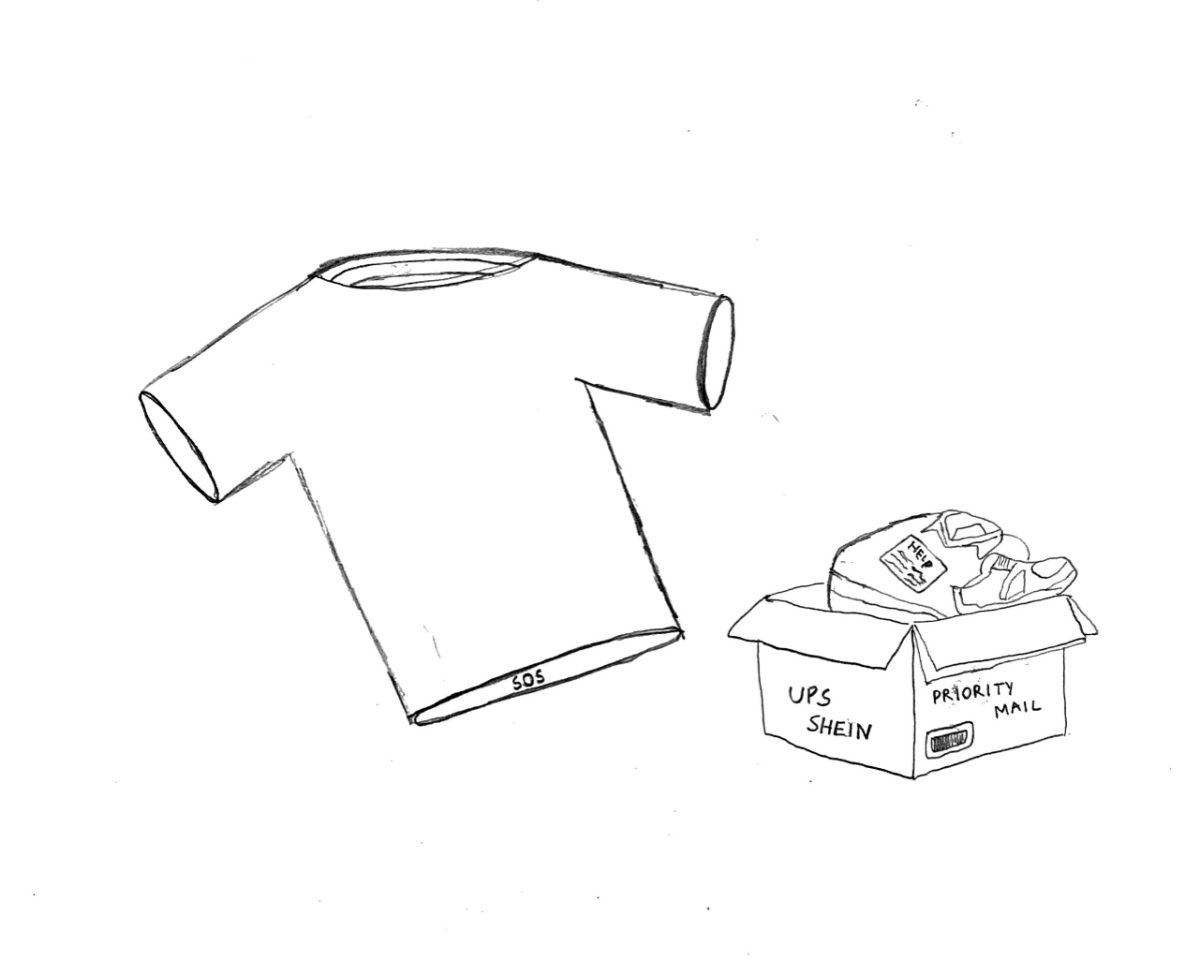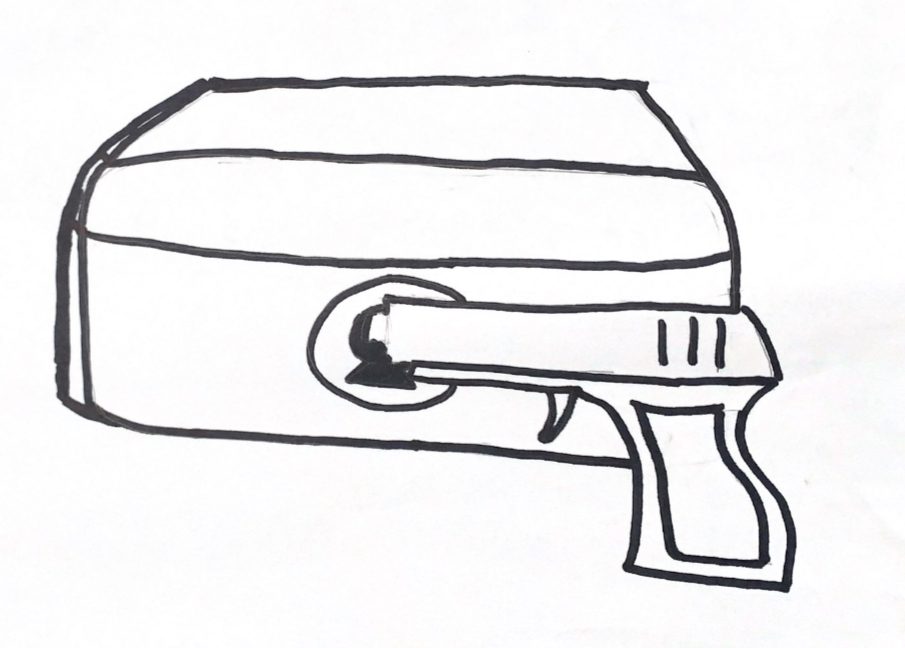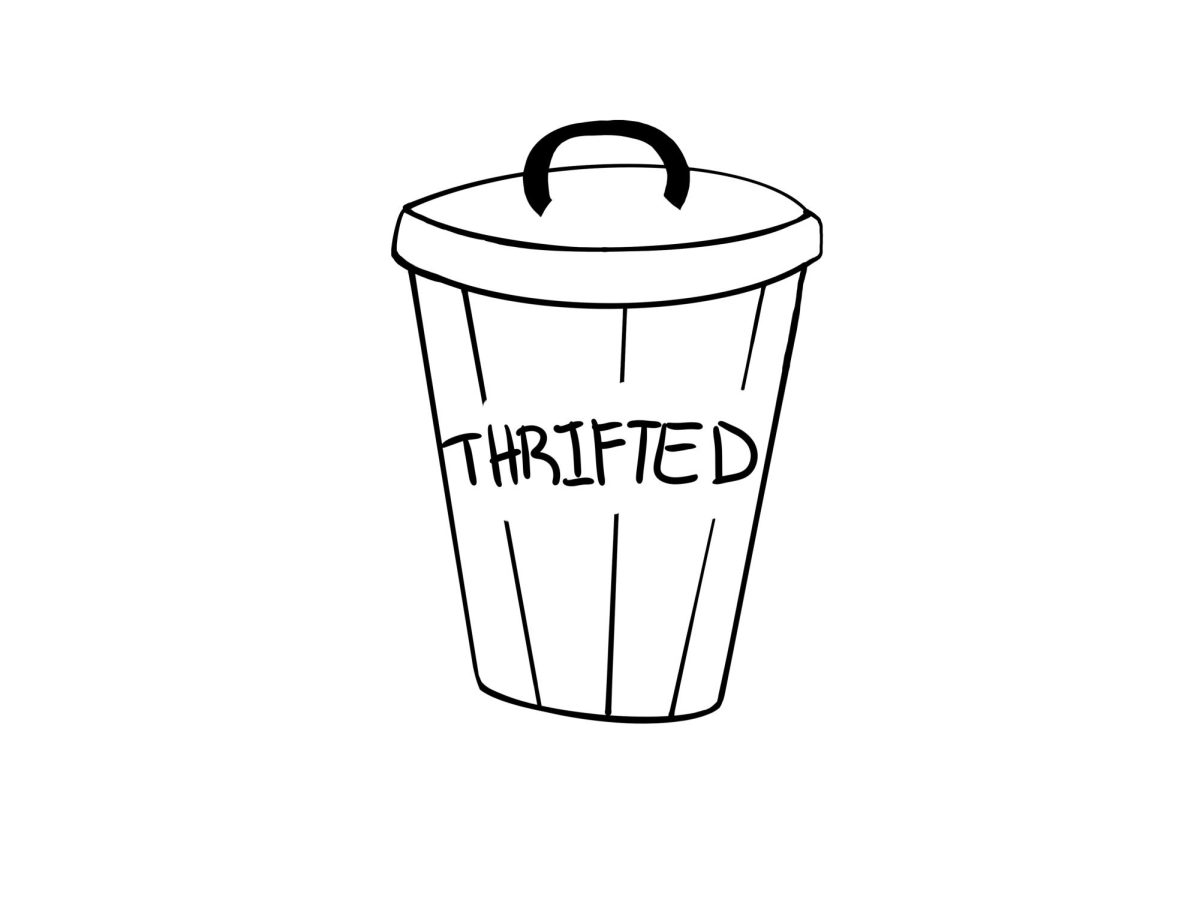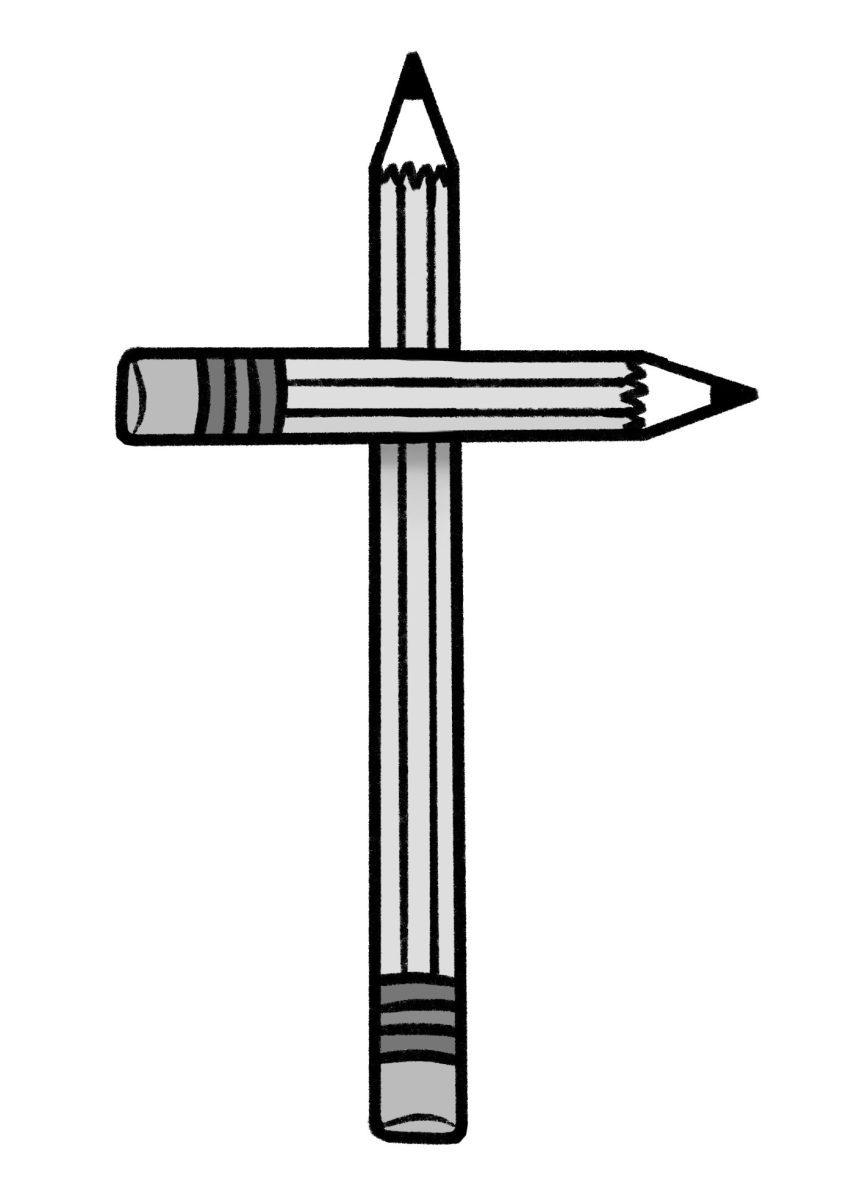My freshman year, I was registered to take Algebra P3-P4, a class that spreads the second semester of algebra over an entire year, because I faltered with quadratics and algebraic properties, like solving inequalities or an equation with two variables. I struggled with content covered in the second semester of Algebra I, but I was mostly confident with the first semester of Algebra I.
Though at the time I didn’t understand why I needed to spend more time in Algebra I, I’ve learned as I’ve advanced in math that all higher level math has its foundations in algebra.
Yes, precalculus does. Yes, calculus does. Yes, even statistics does.
All of the math I, and any other student, will do for the rest of high school, into college and even beyond, all goes back to algebra.
It is for that reason that having a strong foundation in algebra is critical, not only for success in high school, but for the potential for students to pursue STEM (science, technology, engineering, mathematics) related careers if they so choose.
That is why P3-P4 should not be cancelled.

The slower pace of P3-P4 is what primarily contributed to its success in teaching many students, including me, math. Spending a year on the second semester of algebra allows for in-depth exploration of confusing subjects, setting a strong base on which to build skills in Algebra II and eventually Calculus.
Where I spent two weeks learning the properties of quadratics in Algebra I as an eighth-grader, I spent nearly a month learning the properties of quadratics in P3-P4 as a freshman. Being able to spend more time learning the specific subjects that confused me allowed me to understand them fully and address where I was confused over an extended period of time.
The administration has said that students who would have taken P3-P4 will be taking Algebra I.
Lumping students of different math skill levels into one generic Algebra I class will give rise to a host of learning issues — the class will move too slowly for some students, too quickly for others, and not provide enough time for each subject in the curriculum to be addressed in depth because the curriculum will have to cover an entire year of algebra.
Simply re-taking Algebra I completely defeats what made P3-P4 an effective class.
Students who are forced to take Algebra I for a second time may not encounter the material that confused them for almost a year.
By the time students reach what confused them, they may have forgotten the material entirely. As such, reteaching those students who have forgotten will be just that —reteaching. Not deepening their understanding, not addressing where they were confused, but rather exposing them to the material a second time.
Though it is possible for students to receive extra help outside of class if the material gets too confusing, many students do not have time for peer tutoring or Academic Workshop.
Freshmen are required to take Integrated Science 1-2, World Cultures and Geography/Social Issues, a math class, English 1-2, and P.E. Most freshmen choose to complete their art requirement that year, as well, and take a foreign language. Such a schedule leaves no opening for Academic Workshop.
Math is a subject that continually builds upon itself; skills learned in Algebra I are still applicable through calculus. By denying a student’s need to learn math at a slower pace, students are being put on a track where learning future math will be harder because they may not have a strong foundation to build upon.
Without that strong foundation, the desire to pursue math or science beyond high school tends to dwindle, a startling prospect considering the necessity of highly trained STEM workers in American society.
According to a 2013 STEM report by the White House, only 40 percent of students who intended to major in a STEM related field end up graduating with a STEM related degree. The most commonly cited reason for not pursuing a STEM major, according to that report, was “a lack of preparedness.”
Students should not be underprepared for their future math classes, no matter how long it takes for them to learn the material. The first step in combating unpreparedness is building up confidence through a strong foundation of knowledge, a daunting task made easier by slowing down the pace of rigorous subjects like math.
By not offering P3-P4, the objective of building a strong foundation for future success is tarnished.

















